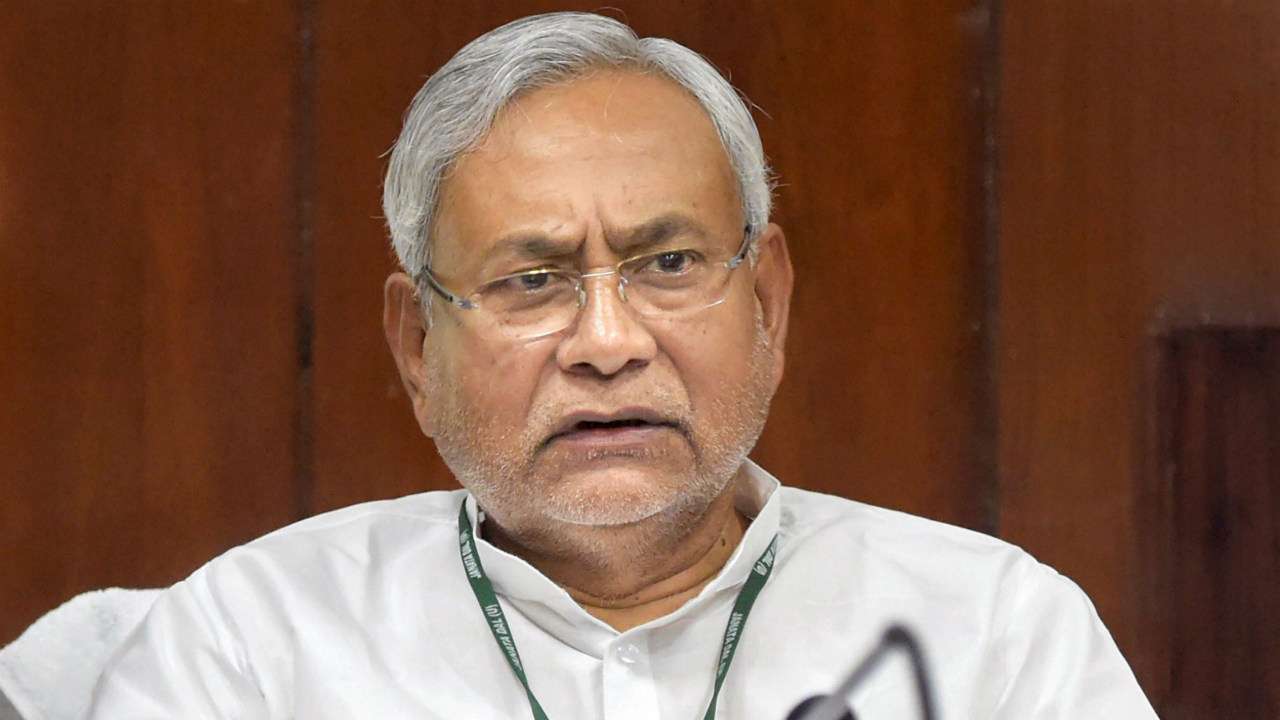
Bihar Assembly polls: JD(U) should take a lesson from Maharashtra
The almost equal seat-sharing formula achieved by the Bharatiya Janata Party (BJP) in Bihar assembly polls suggests that the party is all set to become the Big Brother in the state on the lines of the Maharashtra model.

The almost equal seat-sharing formula achieved by the Bharatiya Janata Party (BJP) in Bihar Assembly polls suggests that the party is all set to become the Big Brother in the state on the lines of the Maharashtra model.
The BJP would be contesting in 121 seats and the Janata Dal-United (JDU) in 122 in the 243-member assembly. Not only is the BJP contesting in more seats than the previous elections (141-102 in 2010) it is also playing it safe as it would be locking horns with the main opponent Rashtriya Janata Dal (RJD) in just 51 seats, making their battle easier than before. At the same time, their ally JD(U) would have to contest against the RJD in 77 seats.
Related news: Nitish gets Modi’s endorsement ahead of Bihar polls
The BJP seems to be following the strategy on the lines of the Maharashtra model where it sidelined the regional stronghold party, Shiv Sena, in the previous state assembly elections. The saffron party has added a huge chunk of votes to its account during the last few elections which gave them power during the seat-sharing negotiations with Chief Minister Nitish Kumar’s JDU.
In 2015, the BJP has fetched about 25 per cent of the votes followed by the RJD that has the second-highest vote share (18.8 per cent). Nitish’s JDU had bagged 17.3 per cent of the total votes in the 2015 elections.
The NDA alliance (JDU and BJP) had bagged 37 out of 38 SC constituencies in 2010 elections. As the alliance broke in 2015, both the parties suffered a loss on those seats. They won 5 and 11 seats, respectively. Since the parties have aligned again in the 2020 elections, so one can expect additional benefits for them on these seats as well.
The local stronghold parties RJD and JDU have slowly lost their vote share as BJP made inroads in the state over the last few years. The vote share of the RJD has come down from 25.1 per cent in 2005 to 18.8 in 2015. JDU had begun gaining a strong position in the state since 2005 as it increased its vote share from 14.6 in 2005 to 22.6 in 2010. However, since BJP contested alone in 2015, it was JDU that suffered the loss of more than five per cent vote share. Later, JDU formed an alliance with BJP to come to power. Also, RJD and JDU were contesting together in 2015 which incurred a loss of votes to both the parties individually.
BJP had won 37 seats in 2005 while it bagged 53 seats in the last election. In 2010, the party had improved its tally to 91 seats. However, they lost 38 seats when decided to contest independently in 2015 mark only 53 victories across the state.
The LJP factor would also have a positive impact on BJPs voting pattern. Chirag Paswan, who is leading the LJP after his father Ram Vilas Paswan’s death, is openly supporting BJP while criticizing the incumbent JDU. This leaves JDU in a fix on a few more seats.
All these factors suggest that the BJP has more favorable conditions in 2020 than ever before to emerge as the strongest party in the Bihar assembly elections.


